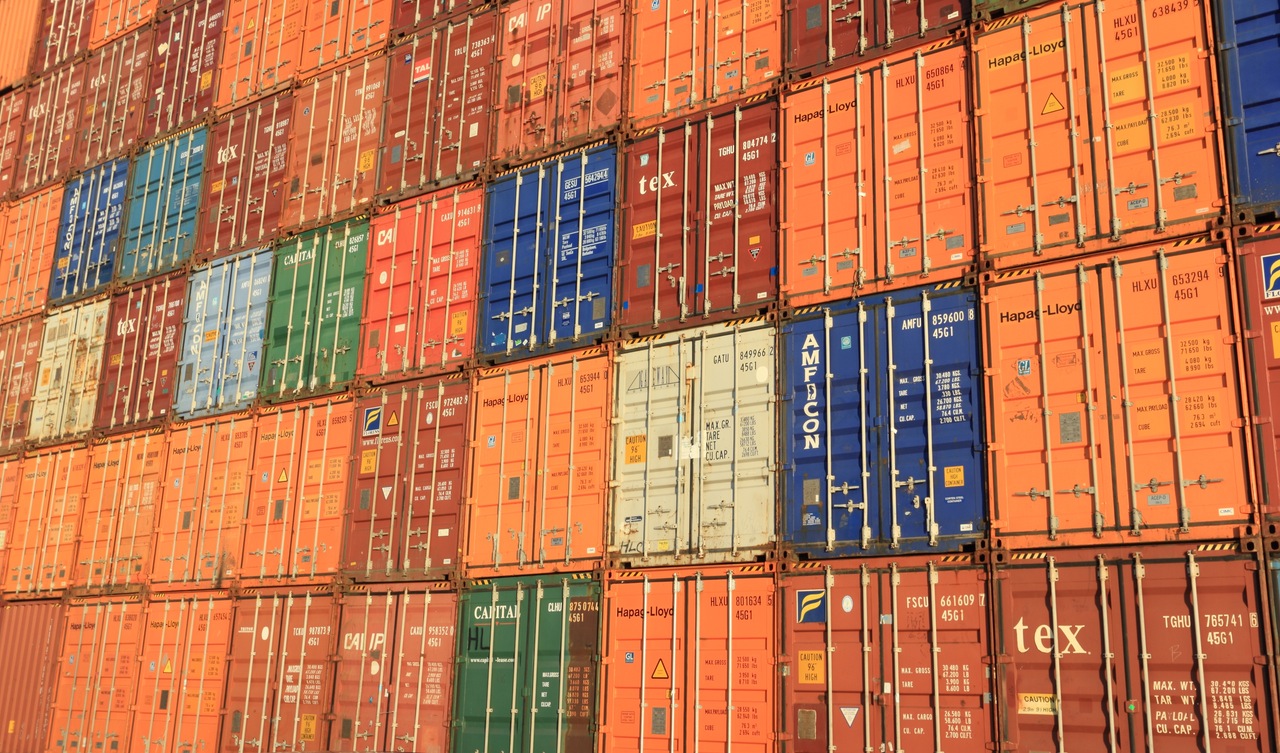With the latest Brexit news seeing the Home Secretary announce plans to ensure migrants don’t ‘[take] jobs British people can do’, many in the haulage industry are starting to voice concerns over exactly how this will impact on the industry and whether any changes will be for better or for worse.
Driver Shortage
One of the main concerns of employers in the haulage industry is that stricter immigration policies or laws on migrants working in the UK will decrease what is an already shrinking pool of potential employees.
Employers cite this driver shortage as the main reason why the UK haulage industry employs so many foreign drivers, with many if not most of these being from the EU. If a sufficient number of British drivers just aren’t available, won’t taking away employers’ ability to hire foreign drivers worsen the employment crisis?
So why are there so few British drivers? Are migrants really taking away jobs British people can do or are they taking jobs British people don’t want to do?
Wage War
Those in favour of tighter employment regulations argue that there are in fact plenty of UK drivers available, they simply choose not to work in the industry due to low wages. It is felt that employers can hire EU or non-UK drivers at a far cheaper rate, outpricing UK drivers and forcing them out of the industry – causing the current driver shortage so many employers are reporting.
The solution, the government argues, is to force companies to hire UK drivers at the higher wage they are expecting – but this is not necessarily the answer either. Doing so would cause a huge increase in expenditure for employers, a price increase that would surely be passed onto the consumer, making UK haulage more expensive and therefore less attractive to customers.
Perhaps a better solution would be for the government to ensure all companies offer a standardised wage to all employees regardless of their country of birth, in order to put all drivers on a level playing field and to cut out underpaid positions.
However, with the uncertainties of Brexit already threatening the economy and many businesses tightening their belts in preparation, any level of increased expenditure is likely to be both unpopular and unenforceable.
We can only wait and see what deal is eventually struck with the EU before any impact can be properly assessed.





